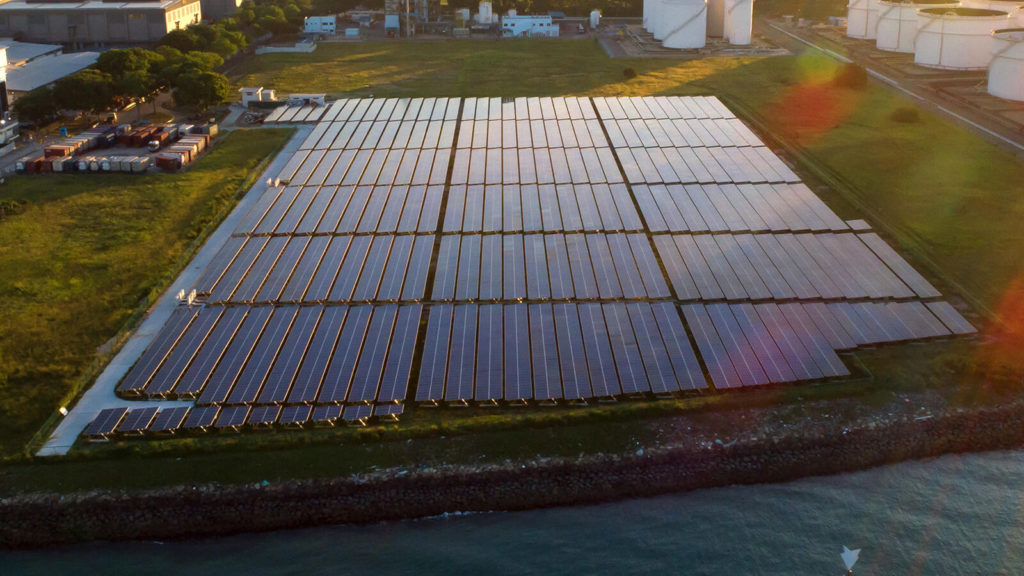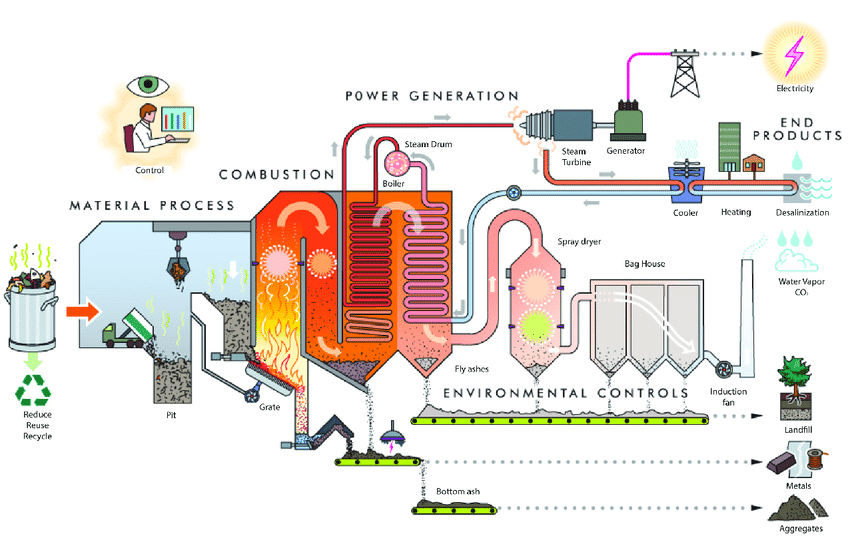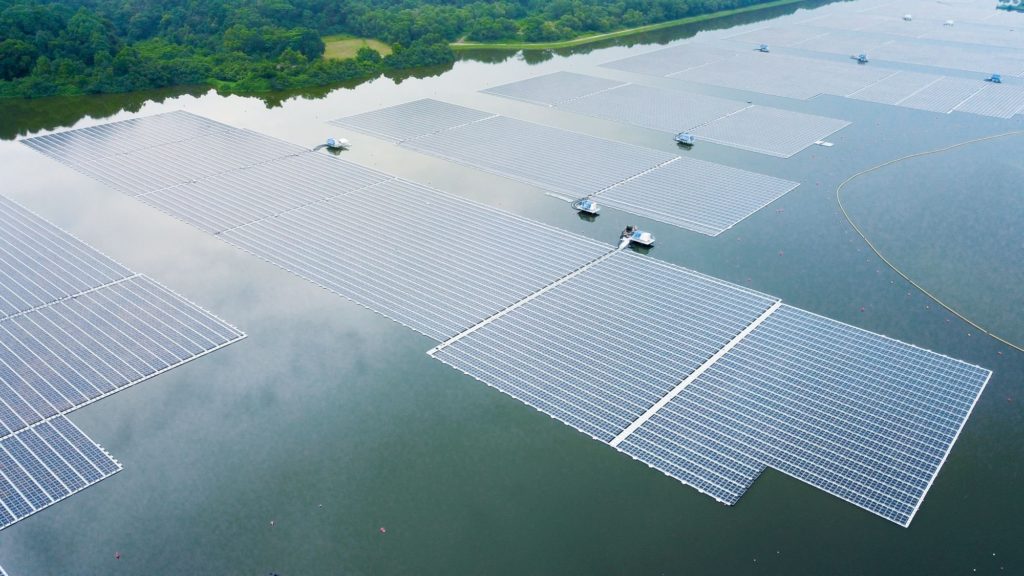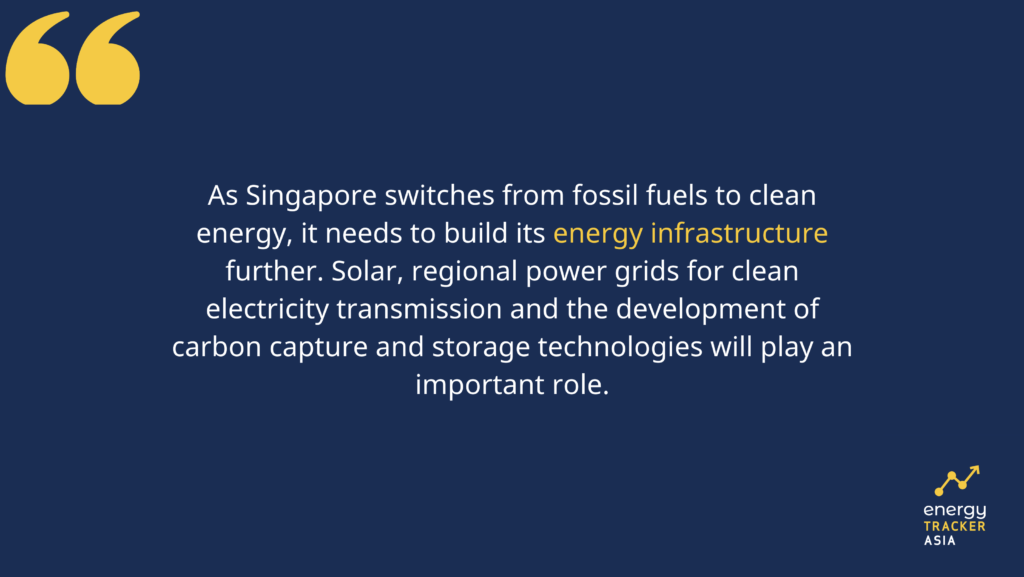Top Energy Companies In Singapore 2024
Source: Singapore Economic Development Board
04 April 2024 – by Eric Koons Comments (2)
Energy companies in Singapore must adhere to the policies of Singapore‘s Energy Market Authority (EMA). With 15 power companies supplying electricity to Singapore, the Energy Market Authority maintains regulations to govern the energy industry and production and maintain grid stability.
Important Role of Energy Market Authority
Singapore’s EMA plays an essential role in the country’s transition to renewables. Its policies have the power to promote or discourage investment in renewables. Energy Market Authority sets the standards for Renewable Energy Certificates (REC). It also licenses companies to retail electricity in the open electricity market.
Current energy and renewable energy policies do not discriminate between the types of energy sources. However, Singapore’s carbon tax and new renewable energy policies will likely nudge the private sector towards accepting the higher initial cost of switching to green energy. Green goals, such as 30% renewable energy in the grid by 2035, are putting additional pressure on both electricity industry and regulatory bodies.

What is Singapore’s Main Source of Energy?
The main source of energy in Singapore is fossil fuels. Currently, oil and natural gas account for over 95% of total energy generation. Over the last decade, natural gas has gained a larger energy share due to the country’s first shift in energy production.
Switching from coal and oil as the principal energy sources will reduce carbon emissions by 30% per kWh of electricity generated. However, as the second shift (to renewables) occurs, the need to part with carbon altogether is apparent.
For this reason, tighter energy generation regulations and a clear focus on a sustainable, carbon-free economy are necessary to incentivise further commercial investment in the Singaporean energy market. Large-scale solar operations need to be complemented by reducing domestic energy use and better utilisation of renewable resources in the resource-poor country. Singapore’s energy companies need to rethink their energy generation approach to stay competitive in the market.
How Many Energy Companies are there in Singapore?
There are currently 15 existing energy generation licensee companies in Singapore. As a result, the Singapore EMA has a significant workload to ensure fair access to the energy market as well as grid stability and reliability.
With less than 3.2% of Singapore’s energy coming from sustainable sources (municipal waste energy recovery, biomass and solar projects), the country needs to rethink the energy market quickly.
Top Electricity Companies in Singapore 2024
Here are the top 7 energy companies in Singapore:
| Company | Market Share |
| Tuas Power Generation Pte. Ltd. | 20.20% |
| Senoko Energy Pte. Ltd. | 17.60% |
| Keppel Merlimau Cogen Pte. Ltd. | 13.90% |
| YTL PowerSeraya Pte. Ltd. | 13.10% |
| SembCorp Cogen Pte. Ltd. | 11.80% |
| PacificLight Power Pte. Ltd. | 9.80% |
| Tuaspring Pte. Ltd. | 3.10% |
| Others | 10.70% |
Renewable Energy Companies in Singapore
As the country switches from fossil fuels to clean energy, Singapore needs to build its energy infrastructure further. Solar projects, regional power grids for clean electricity transmission and the development of carbon capture and storage (CCS) technologies will play an important role. These changes will reshape the energy profile of the island city-state and make it a leader in the global energy transition.
Pioneering companies like Senoko, Sembcrop and Senseap already offer electricity plans for residential consumers. A few of these businesses utilise waste combustion (through biomass facilities), which is not technically a form of renewable energy. However, it is a better alternative to oil and is a small step in the right direction.

Top 5 Renewable Energy Companies of Singapore 2024:
Five of Singapore’s largest renewable energy companies include:
- National Environment Agency,
- Sembcorp Solar,
- Senoko Waste-To-Energy Pte. Ltd.,
- Keppel Seghers Tuas Waste-to-Energy Plant Pte. Ltd. and
- JTC Corporation.
National Environment Agency
The role of the National Environment Agency is to improve and manage the green environment in Singapore. For example, its renewable energy projects include the Tuas South Incineration Plant (132 MW of waste combustion capacity) and the Tuas Incineration Plant (47.8 MW of generation capacity). Moreover, these are both municipal biomass energy facilities.
Sembcorp Solar
Sembcorp Industries was established in 1995 and participates in the Singapore energy market with a total share of 11.8%. It also deals with renewable energy production, primarily with the Tengeh Floating Solar Farm (60 MWp capacity). The company will likely expand its capacity if the project is deemed successful.

Senoko Waste-To-Energy Pte Ltd
Senoko Waste-To-Energy Pte. Ltd. operates a 56 MW capacity biomass energy facility located in northwestern Singapore. Again, while not renewable, it is better than using fossil fuels.
Keppel Seghers Tuas Waste-to-Energy Plant Pte Ltd
Keppel Seghers Tuas Waste-to-Energy Plant Pte. Ltd. was established in 2006. Its Tuas Waste-to-Energy Plant has a maximum generation capacity of 22 MW.
JTC Corporation
The Jurong Town Corporation was established in 1968 and only recently joined Singapore’s renewable efforts. Its initial project is the SolarLand PV farm. The project’s first phase has a total generation capacity of 6.6 GWh. Additionally, the plant came online in 2019.
Power Companies of Singapore Will Need to Adapt
As Singapore takes bold steps towards a more sustainable grid and economy, significant investments will be needed to decarbonise its current economy. Current “renewable” production in the country comes mainly in the form of biomass. This is an acceptable bridge before adopting wind and solar, but it is not a final energy solution.
Policymakers, private investors and the public will all need to work together if Singapore is to halve emissions by 2050. As more renewable energy companies in Singapore enter the market, Singapore’s energy profile will likely change, especially as regulation supports renewables.

by Eric Koons
Eric is a passionate environmental advocate that believes renewable energy is a key piece in meeting the world’s growing energy demands. He received an environmental science degree from the University of California and has worked to promote environmentally and socially sustainable practices since. Eric’s expertise extends across the environmental field, yet he maintains a strong focus on renewable energy. His work has been featured by leading environmental organizations, such as World Resources Institute and Hitachi ABB Power Grids.
Read more


